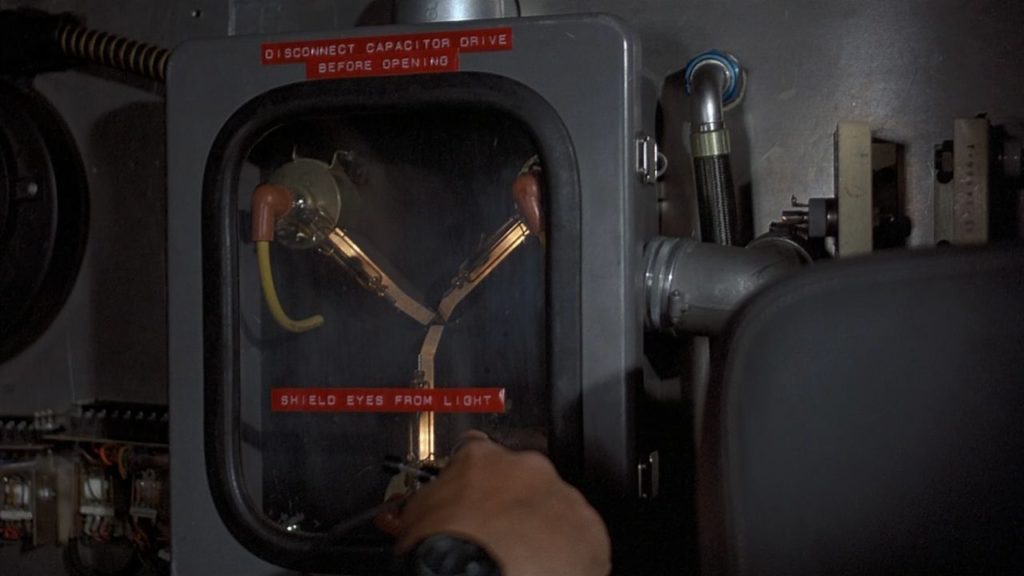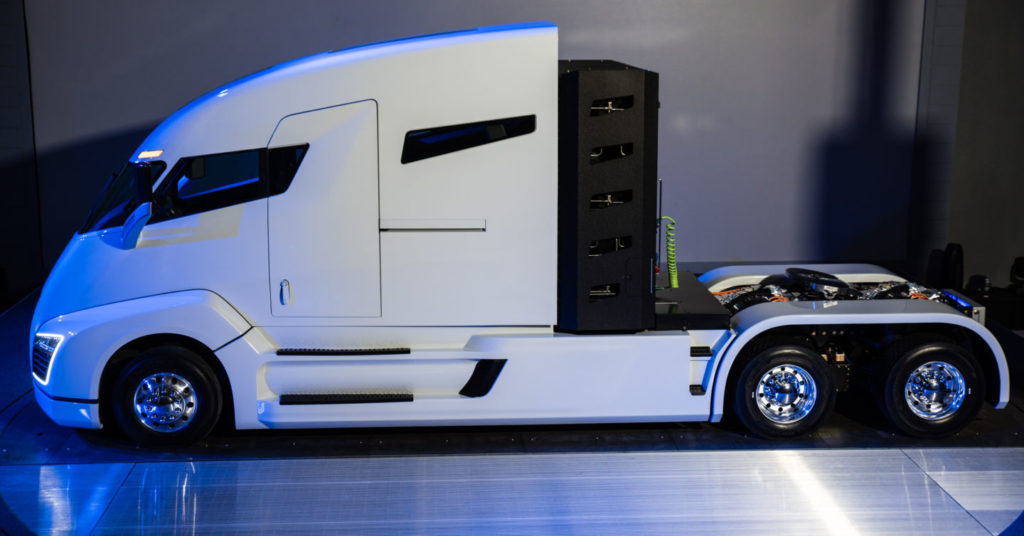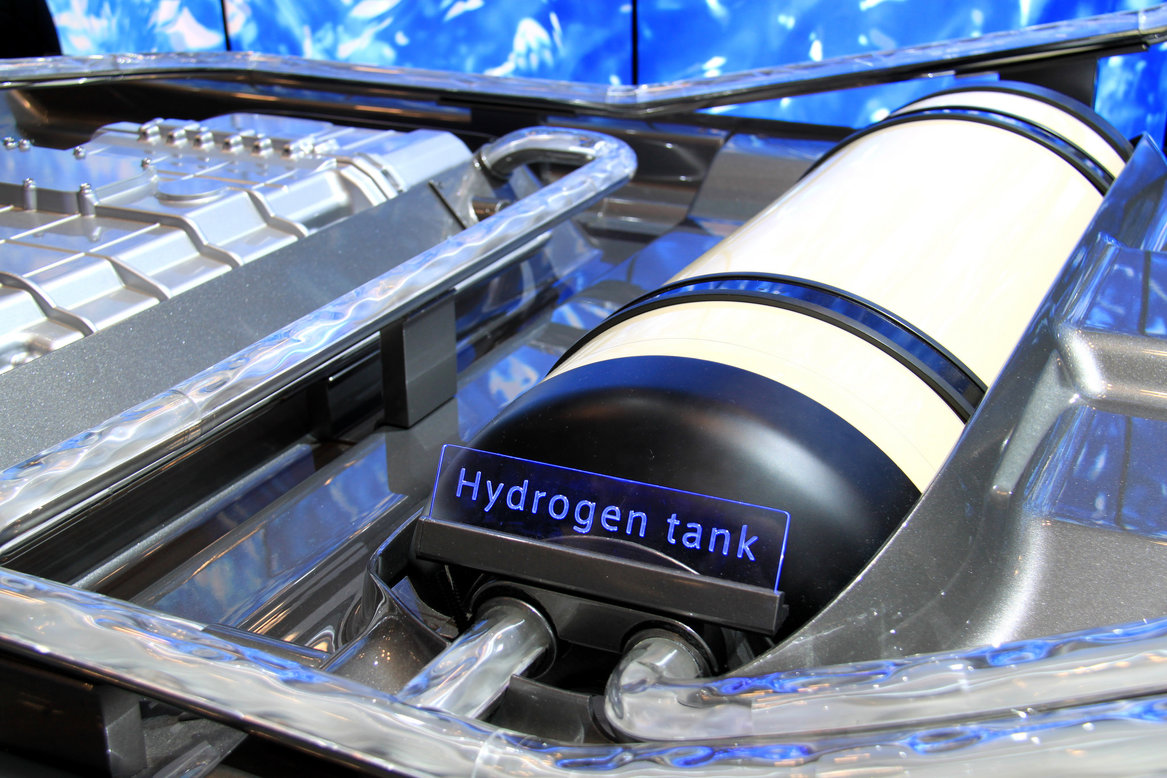There Has To Be A Better Way
Late night. Crickets and the hum from a too-old drive-through sign fill the air. A gas station with bright new LED fixtures and a sleepy local behind the counter. Maybe a zombie or something to make this picture I’m painting actually interesting. And the lone trucker, fueling up his tractor trailer once again. Hundreds of gallons of diesel filling up these beasts of the road, powering them across hundreds of more miles of road. The majesty and grandeur of a long distance trucker. While maybe the cheap road burgers are going to stick around, maybe the gas station won’t.
No, this is not an article dedicated to self-driving trucks. Rather, this is about the fuel making these multi-ton behemoths move. Right now Diesel is king, but that crown will eventually be passed along. The current contenders for the next gen trucks are between Hydrogen Fuel Cell’s and Battery Powered Electric.
Development by the biggest names in the industry are pouring money into research, working hard to bring it from the lab, to the roads.

Hydrogen Fuel Cells, Not Water In A Can
So basically, a hydrogen fuel cell works like a battery. Taking a source of fuel, namely Hydrogen, and forces it through the Fuel Cell, where it reacts with a catalyst. Then combines with readily supplied Oxygen from the other side of the Fuel Cell. During this process, excess electrons are shed, which can then be used as electricity. The byproduct of the chemical reaction is water vapor, heat, and electricity.
Simple so far. Making them common is not so simple. Let’s get into the pros and cons.
Hydrogen Benefits
- Very efficient, much more so than traditional fuels. Hydrogen Fuel Cells can have efficiency of 55% or more, making them par to diesel. But of course using Hydrogen that is much more common and available. No dino-sauce from the ground required.
- The whole thing only creates water vapor, which while a greenhouse gas, not nearly as problematic as more traditional fuels fumes.
- These Fuel Cells have no moving parts, less moving parts means less maintenance.
- Eco-friendly production of Hydrogen is possible.
Hydrogen Drawbacks
- The Hydrogen does not occur naturally, therefore one of the most common ways (not the eco-friendliest way), is to use fossil fuels. This can cancel out any benefit one gets from switching.
- Escaped Hydrogen itself can have impact on ozone, eroding and further causing harm.
- Hydrogen must be kept under high pressure, making transportation and storage a real challenge.
- The lack of infrastructure to support Hydrogen Fuel Cells makes buying a vehicle that uses the technology unattractive. By the same token, no one will invest in fueling stations if there are no trucks on the road that uses them. Classic chicken and egg dilemma.

So Just A Really Big Barbie Car?
Now when I say Electric Vehicle, I’m sure more than one person pictures a Prius with 18 wheels. And not quite. The batteries developed for these trucks are monstrous comparatively.
But when it comes to a known technology like batteries, they are a solved puzzle at this point. But just what does all this mean for the fate of battery powered trucks?
Electric Vehicle Benefit
- No carbon emissions from the vehicle itself.
- Electric Trucks can use unique fueling methods, such as overhead wires.
- Electricity can be provided by larger, more efficient systems.
- Energy savings over diesel fuel put it at paying for its invest at just over 5 years, much shorter than the lifespan of the trucks.
Electric Vehicle Drawbacks
- The technology is currently affordable due to subsidies by the government. Still extremely expensive otherwise.
- Batteries are heavy, which cuts back on the amount of hauling weight that the trucks are capable of.
- The infrastructure hasn’t been built to power the trucks. Trucks aren’t useful if there is no way to charge them on the road.
Are We Talking Years or Decades?
A few companies are already exploring bringing the Hydrogen Fuel Cell technology to market. Nikola Motor Company is dedicated to bring Hydrogen Fuel Cells to the road, boasting a Class 8 truck that can go 800 – 1,200 miles on a single fill up. Toyota created Hydrogen Fuel Cell buses for the 2020 Olympics, on top of disaster relief by using them as generators. Pretty good idea for a tsunami/earthquake prone country.
Of course, mostly proof of concept at this point. But the idea isn’t so far off that it’s completely impossible. Still a ways off, with situational use-cases at first, but we could see them in as little as 10 years otherwise.
Only a small number of companies are using battery technology. BMW has one that ferries car parts between manufacturing plants in Germany. Another demonstration in Germany had company Seimens operating a tractor trailer using overhead wires on a two mile stretch of road.
Neither are currently feasible, but show promise. Many companies are looking for a 2030 release date for these products. Of course battery production costs will have to plummet for this to be worth any ones time. Luckily, if you follow technology news enough, you know a battery breakthrough is just 6-months away every day. Just don’t hold your breath for it.

